When in Cambridge
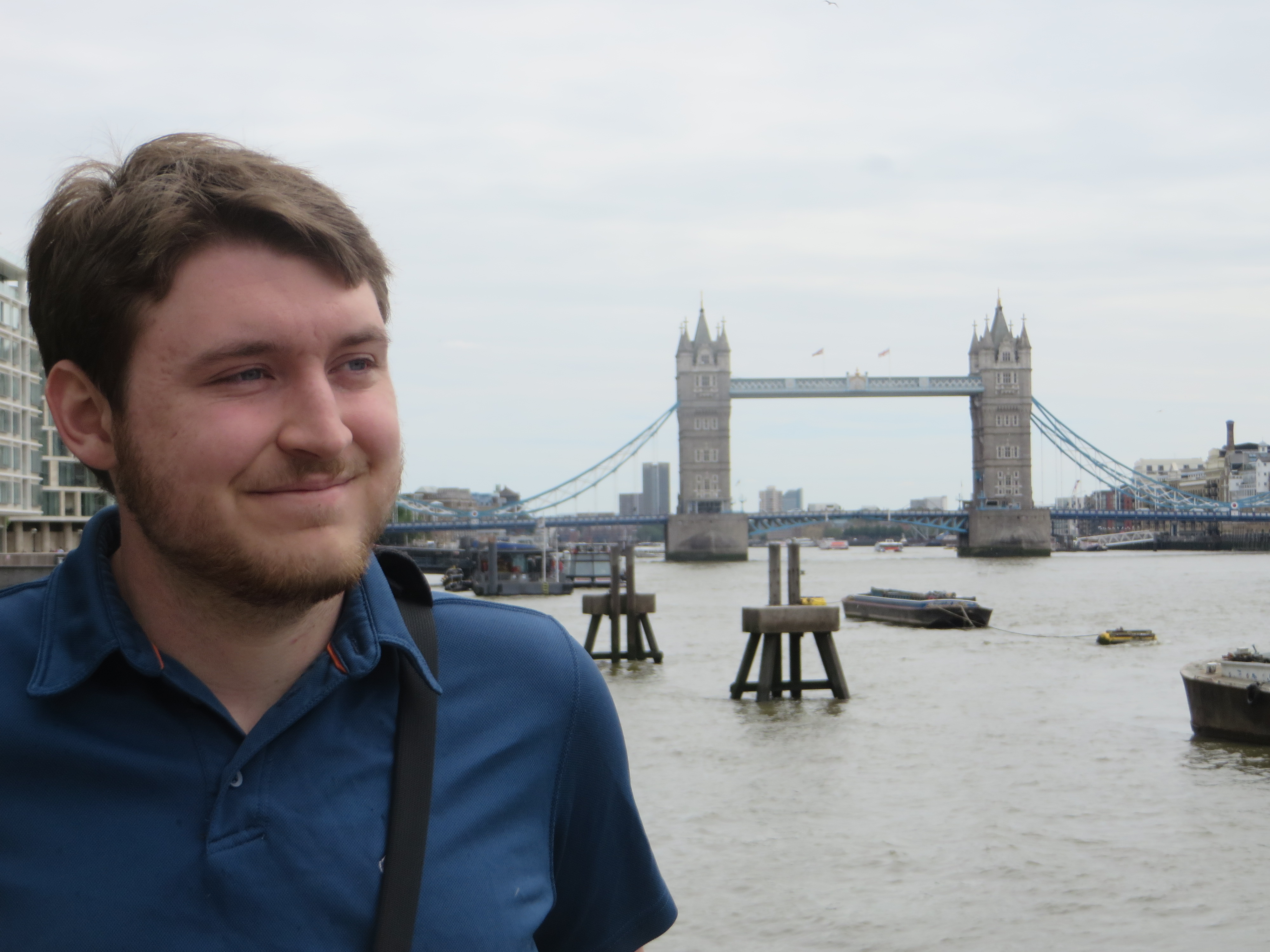
For five days in June, Connor Hansen lived the life of a true British scholar, studying historical documents by day and discussing big ideas over dinner by night.
Hansen, a senior history major from Fort Collins, Colorado, is Birmingham-Southern College’s inaugural Hardin-Churchill Scholar. He received funding to conduct research at the Churchill Archives Centre at the University of Cambridge’s Churchill College. “The archives provide a great research opportunity that BSC students can take in so many different directions,” Hansen says.
The archive includes 2,500 boxes of papers produced between 1874 and 1965 relating to Winston Churchill’s personal life and political career. The archive also preserves documents of more than 600 other political and scientific figures, including former prime ministers Margaret Thatcher and John Major; Rosalind Franklin, whose work was central to the understanding of DNA; and Frank Whittle, a British Royal Air Force officer credited with single-handedly inventing the turbojet engine.
Through funding from the late Robert B. Callahan ’50 and his wife, Ginger Callahan, BSC is one of only 20 colleges and universities in the United States with full access to the digitized Churchill Archive. The Callahans’ gift underwrote access to the archive and funded the Churchill Seminar Room in the BSC library, where history seminars are taught and where students, faculty, and visiting scholars can access the collection.
Hanson’s trip was funded through the Hardin-Churchill Archives Centre Endowed Travel Award, established with gifts from numerous friends in honor of Edward L. Hardin, Jr. ’62. The award provides funding for travel to and from Cambridge, where the recipient works closely with Churchill Archives Director Allen Packwood, who attended the dedication of BSC’s Churchill Seminar Room in January.
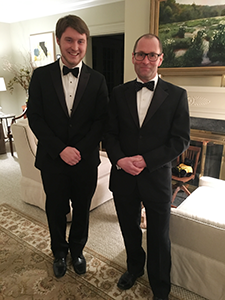 “It was a great pleasure to host Conner at the Churchill Archives Centre,” Packwood says. “He was everything an aspiring researcher should be – diligent, questioning, enthusiastic, and keen to learn. I hope that he will be back to pursue his research and to tell us more of his discoveries.”
“It was a great pleasure to host Conner at the Churchill Archives Centre,” Packwood says. “He was everything an aspiring researcher should be – diligent, questioning, enthusiastic, and keen to learn. I hope that he will be back to pursue his research and to tell us more of his discoveries.”
Before taking up his research on British policy in the Middle East, Hansen toured London with his younger brother, visiting museums that further inspired his research interests. By the second week of his time abroad, he took on the life of a Churchill College student, surrounded by fellow scholars in the archives, at dinner, and in his residence hall.
“You never knew if the person sitting next to you would be a Nobel Prize winner or not,” Hansen says, reflecting on the rich conversation in the Churchill College dining hall. He also joined Packwood at a High Table dinner, a formal occasion for Cambridge post-doctoral fellows and faculty. The traditional meal brings the same sophistication and magic that Harry Potter readers find at Hogwarts’ opening feast.
Hansen has been interested in the Middle East since he began taking history and Arabic courses at BSC. After recognizing this interest, his faculty advisor and W. Michael Atchison Professor of History and Law Dr. Mark Lester told him about the archives project and the opportunity to study in Cambridge.
“I didn’t know much about Middle Eastern history before BSC,” Hansen says. “The sheer amount of history in the old centers of civilization interests me. And once you study a language, you bond with the people who speak it, gain insight into their world, and learn the soul of who they are.”
Hansen spent one week in the archives, selecting documents to examine for his specific area of research. He began exploring possible topics in January to prepare for the limited time he would be able to spend on each source.
The range of material in the archives allowed him to study Leo Amery, a lifelong friend of Churchill and a fellow politician. Amery helped to draft the Balfour Declaration, the British government’s 1917 statement supporting a “national home for the Jewish people” in Palestine.
“Churchill has been written about by everyone, but Amery is more obscure, especially in America,” Hansen says. “Because Amery had his own vision of the British Empire, he undertook measures in the Middle East that had very significant consequences. I had direct access to his correspondence, speeches, and war cabinet briefings.”
The Hardin-Churchill endowment will continue to send one student to Cambridge every summer, but thanks to the Callahans’ generosity, all BSC students can access more than 800,000 pages of documents digitally. The contents range from letters between political leaders and popular celebrities to the report cards of a young Churchill and drafts of his most memorable speeches, complete with handwritten notes scrawled in the margins.
While the online collection is an incredible resource for researchers and writers, Hansen had the opportunity to see the papers right in front of him. “Getting to handle documents myself was really impactful,” he says. “You’re not reading a secondary source. The documents were personal papers and letters that survived from the time period. I got to decide how much importance to put on a document and to view some things with skepticism.”
Hansen will further develop his research during his senior year. He contemplates graduate work in Middle Eastern history or a position in the U.S. State Department or the Central Intelligence Agency.
BSC’s Churchill Seminar Room, located at the basement of the library, can be used for seminar-style classes or large study groups. The BSC community can access the digital Churchill Archive here, and the database is available to the public through open-access computers on campus.
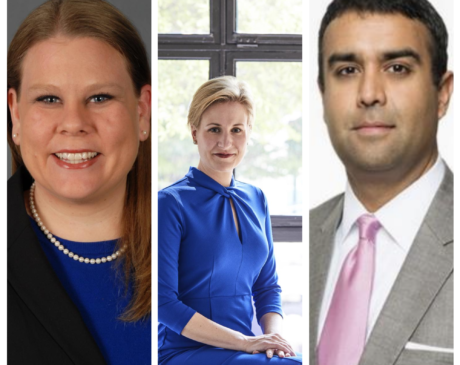
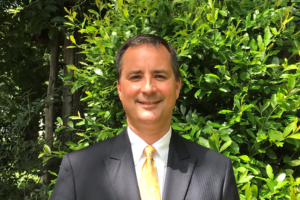
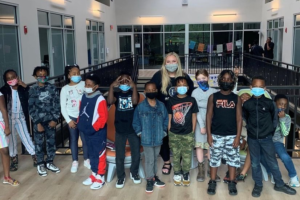
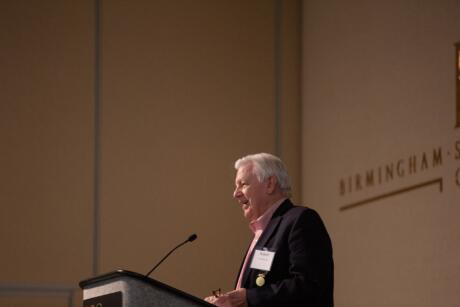
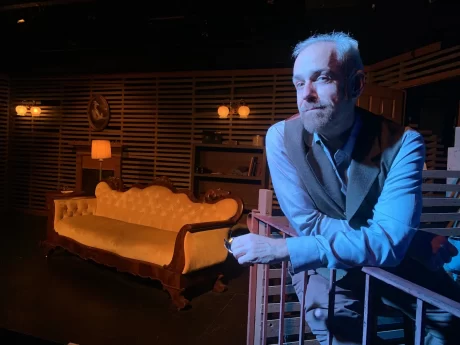
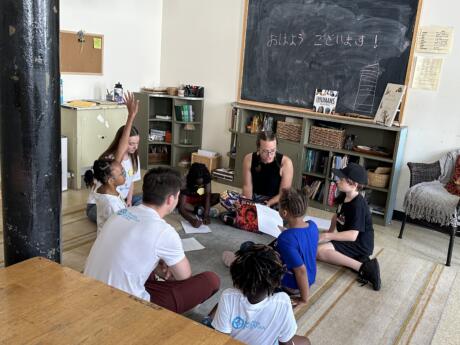
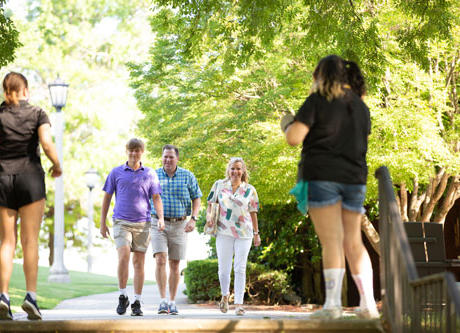
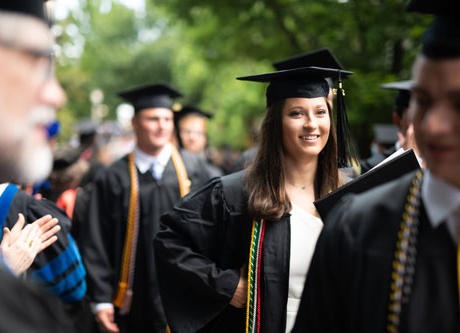
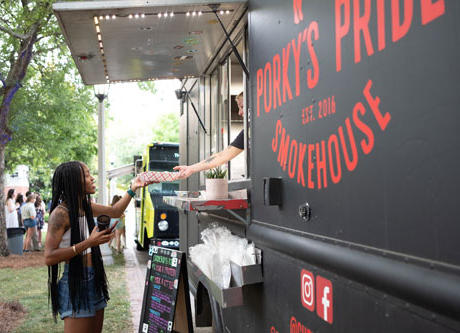
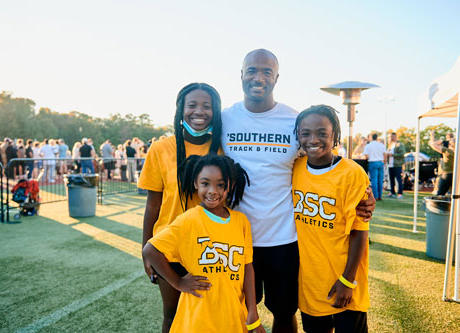
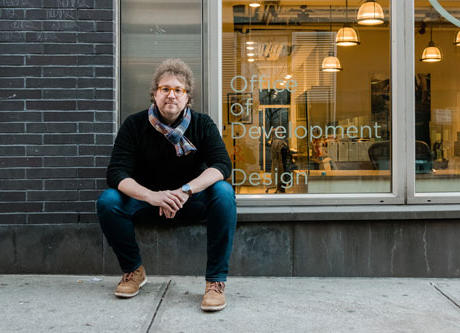
// Comments are closed //